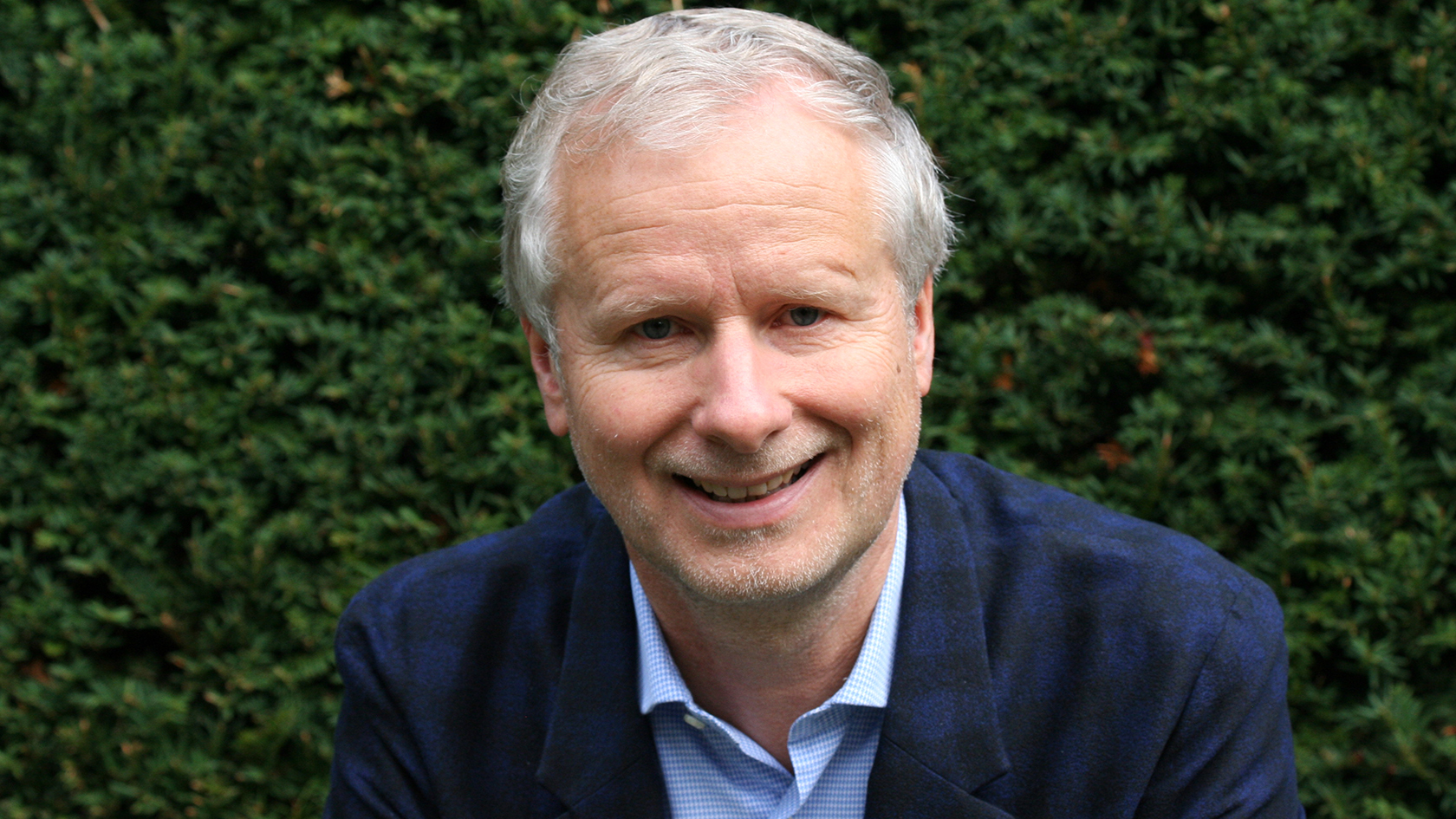Stalinism: a Traumatic Experience with Destructive Long-Term Effects

The term “historical trauma” was first introduced 25 years ago by Native American researcher Maria Yellow Horse Brave Heart to describe the painful history of the indigenous peoples of North America. Can one also speak of historical trauma with regard to the equally painful era of Stalinism and post-Stalinism in Eastern Europe? This is the question asked by psychology professor and trauma researcher Andreas Maercker.
You have examined various studies from Eastern Europe on the effects of repressive policies on the population during and after Stalin’s era. Did the victims and their descendants experience “historical trauma”?
Maercker: First of all, the expression “historical trauma” makes sense in psychological terms if it is still having consequences today. The victims experienced collective trauma, were marginalized and discriminated against, or their experiences were systematically hushed up. As a result, their descendants suffered disadvantages which continue to this day, leading to active distrust of the authorities and to great resentment.
What’s the difference between historical and collective trauma?
Historical trauma refers to traumatic experiences that take place over the course of decades and affect several generations with their negative social and psychological consequences. Collective trauma more often denotes something occurring over a shorter period of time which is experienced not only by one individual but by a whole group together. In certain circumstances, the collective experience can activate mutual support – such as in natural disasters or as is currently the case in Ukraine.
It’s easy to understand how the direct victims of Stalinism might suffer from post-traumatic stress disorder. But the families of the victims and the subsequent generations continue to carry (consciously or unconsciously) the trauma experienced by their relatives. How does that happen?
For example, the European and ex-Soviet Union studies that we examined showed that families passed on messages such as: “Choose an occupation that is safe from persecution”. So, become a doctor rather than a teacher or civil servant. Or parents drummed survival strategies such as “don’t stand out, keep out of politics” into their children. In such families, the next generation had to find their own way of dealing with these messages – whether they then followed the recommendations is another matter. This would certainly have led to difficult discussions in some families.
What other strategies did families have for dealing with the past?
According to studies, the home atmosphere particularly suffered when extensive trauma had occurred and the experience was not talked about, but was still somehow always present. In some families, children had very distant and emotionally uninvolved parents, because the generation directly affected by trauma were not capable of emotional closeness. For example, if the grandparents had been deported and the parents were born in exile, their children often adopted the same cold style of childrearing that they themselves had suffered from. In the former GDR, children of political prisoners reported that they were much more harshly treated than other children in their neighborhoods. That’s entirely typical and is connected to the psychological survival strategies of their parents’ generation. But it doesn’t always have to be this way.

Political and social engagement in post-socialist states seems rather limited. Is that also a consequence of this historical trauma?
We can’t generalize like that. Not everyone was affected by repression and persecution, just certain parts of the population. And different people react differently to the same events. It depends on the context: for example, people who lived close to the Gulag camps which were in operation until 1965 still have much higher levels of distrust in the society around them today. They personally witnessed mass deportations, hunger and torture. They therefore drew the conclusion that it is not safe to oppose the government and passed this message down the generations.
So would you say that entire generations in Eastern Europe are more psychologically vulnerable than in other countries?
I can’t say that at the level of individual psychology, because I haven’t researched that question. I’m talking about social-psychological aspects such as lack of trust, resentment and “not wanting to stand out”, and these aspects have certainly been affected.
How important is a culture of remembrance? In Germany and Israel, there have been attempts to process and come to terms with their history, which has not happened so much in the former communist countries ...
Acknowledging the specific trauma is a very important first step in collectively dealing with it. But it needs the contribution of everyone – not just psychologists, but also historians, sociologists and politicians. For example, in the cases of Holocaust victims or Native Americans, it has been shown that reparation payments have had a measurable positive effect. Reparations on the one hand serve to raise public awareness, meaning survivors are met with more empathy, and on the other hand those affected regain a sense of pride. They use the payments to launch entrepreneurial initiatives, establish memorial sites or do reconciliation work.
You’re originally from East Germany. What baggage have you carried around from your family history?
Some members of my family were persecuted in the former GDR due to their Evangelical Christian background. I personally was arrested and imprisoned for 10 months for attempting to flee the country. That was very formative. Perhaps because I had already studied psychology, I was better able to handle the experience and say to myself: “I want to be there for others who are being broken.” That helped me a lot and encouraged me to pursue my future field of research.
Literature:
Maercker A.How to deal with the past? How collective and historical trauma psychologically reverberates in Eastern Europe. Frontiers of Psychiatry, 24 August 2023. Doi:10.3389/fpsyt.2023.1228785